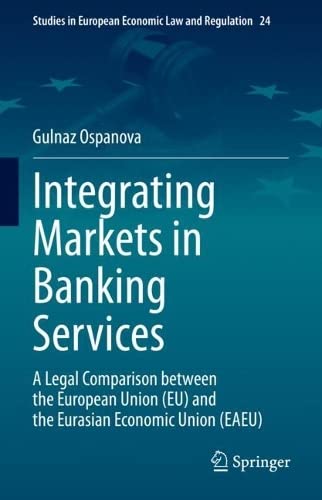

Most ebook files are in PDF format, so you can easily read them using various software such as Foxit Reader or directly on the Google Chrome browser.
Some ebook files are released by publishers in other formats such as .awz, .mobi, .epub, .fb2, etc. You may need to install specific software to read these formats on mobile/PC, such as Calibre.
Please read the tutorial at this link: https://ebookbell.com/faq
We offer FREE conversion to the popular formats you request; however, this may take some time. Therefore, right after payment, please email us, and we will try to provide the service as quickly as possible.
For some exceptional file formats or broken links (if any), please refrain from opening any disputes. Instead, email us first, and we will try to assist within a maximum of 6 hours.
EbookBell Team

4.4
72 reviewsThis book deals with banking integrations, which are now becoming crucial not only because of the increased number of economic integrations, but also in view of the qualitative improvement of such banking integrations. It compares the European Union (EU), as the most successful union, which was able to move from a common financial market to the prime example of banking integration; the Banking Union; and the Eurasian Economic Union (EAEU) as a relatively young one but with several of the prerequisites for becoming an influential union, and which was established by five countries – the Russian Federation, Kazakhstan, Belarus, Armenia, and the Kyrgyz Republic – in 2015.
The key research question is whether the single market in banking services or a banking union is an achievable goal or merely a utopia. In this regard, the book reveals the bottlenecks and obstacles that the EU and EAEU policymakers faced during the difficult process of establishing a single market and banking union. However, along with the problems of banking integration, it identifies many peculiarities of the harmonization of banking legislation among the EU Member States. Recognizing and acknowledging these peculiarities can be very beneficial for young unions and help to guide their integration processes. In particular, the book concludes that evolutionary (not revolutionary) harmonization is required in order for the EAEU to become a full-fledged union.